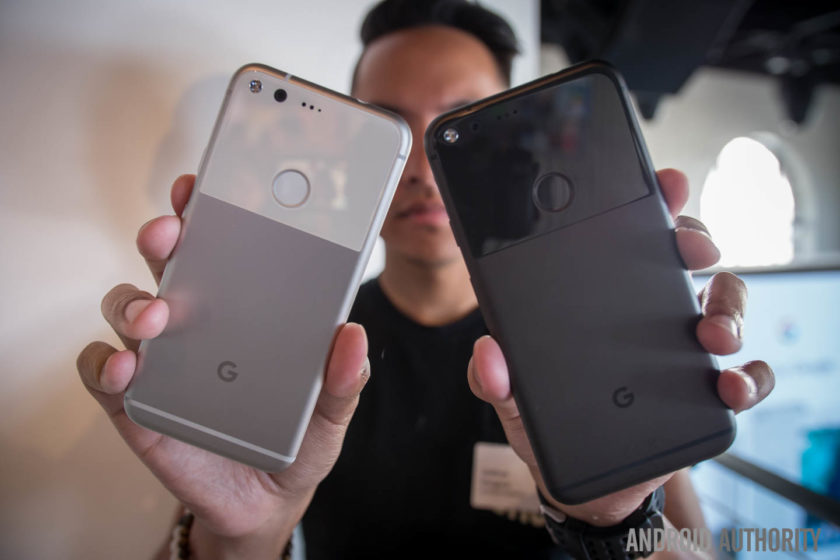
So the rumors were true: the Nexus brand is officially dead, and Google did unveil its new Pixel phones. Some love the Pixel duo, and some don’t, but whether you like the Pixel phones or not, Google’s announcement is a huge deal because it signals a monumental shift in Google’s mobile phone strategy.
In case you missed the news, it was a busy day for Google today. The search giant announced the highly anticipated Pixel and Pixel XL phones among other products. The Pixel phones boast a sturdy body with an impressive camera, and they come with the all new Google Assistant. The design may not be elegant as the Nexus 6P, and the pricing may be unexpectedly high. But everything aside, the October 4th event will always be remembered as a turning point for the company, as Hiroshi Lockheimer tweeted a few weeks ago.
Ever since the inception of Android, Google’s presence was there, but not quite there. Of course, Samsung’s immensely popular Galaxy devices use Google’s operating system, but the Galaxy moniker is associated with Samsung, not Google. Even the Nexus devices were limited in that they were manufactured by outside Android OEMs, and there was simply no streamlining. Just look at the LG Nexus 5X and the Huawei Nexus 6P: there is nothing that brings those two together to show that they are Google devices. But with the Pixel phones, it seems Google’s software-centric approach is coming to an end.
With the Pixel phones, Google will now be directly “managing inventory, building relationships with carriers, sourcing components, making supply chain deals, and managing distribution.” It will even be making its own phone accessories. In other words, Google is now a direct competitor to the companies that it provides the Android software to.
In fact, Google will now merge its engineers and designers, which makes sense since keeping them separate is an obstacle to having any form of long-term portfolio. This means the company can now plan and test future devices internally. For instance, Dave Burke, who is in charge of Android engineering, was able to test a future Google handset that won’t be available until next year.
According to Burke, Google will employ Apple’s supply chain style and develop its own internals for smartphones, including customized processors. This is a huge business risk, but if Google manages to transform itself into a company that does both hardware and software, the current monopoly in Android may start to change dramatically. Hardware developed in-house with optimized internals and software could mean a drastic improvement in performance, battery life, and user experience. Those are some of the things that have held Android back for a long time against Apple’s iOS.
END

Be the first to comment